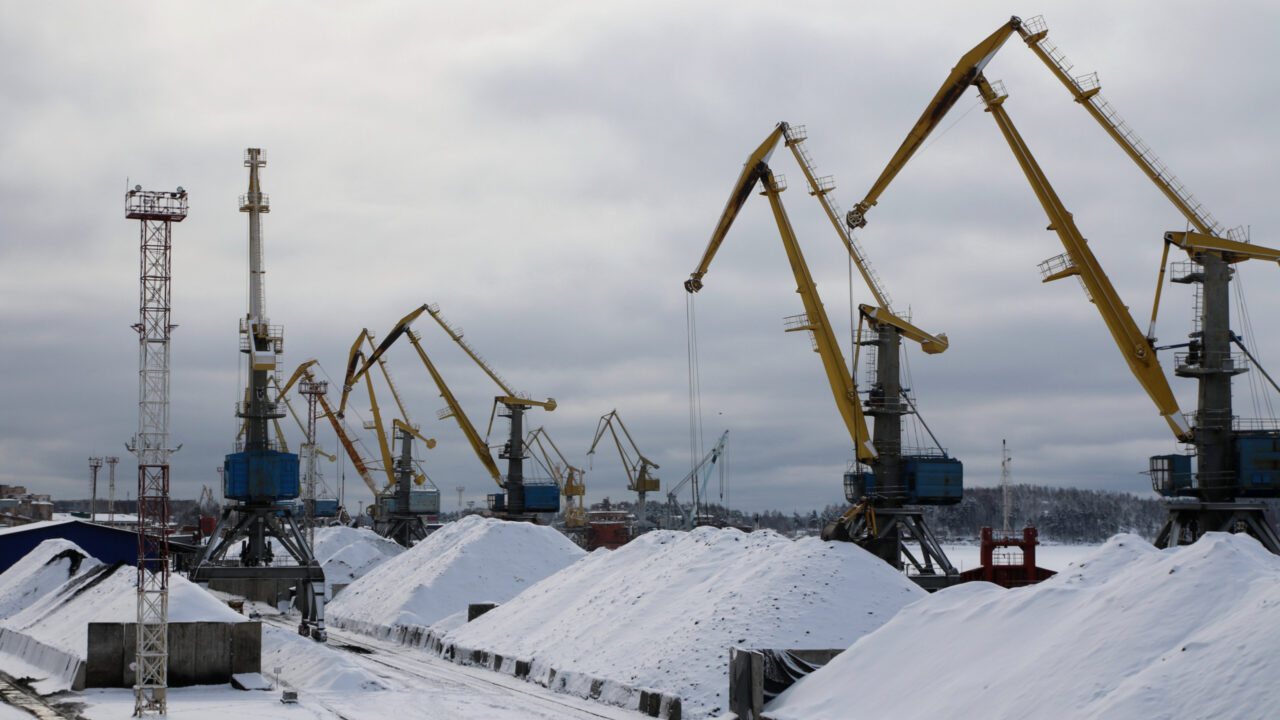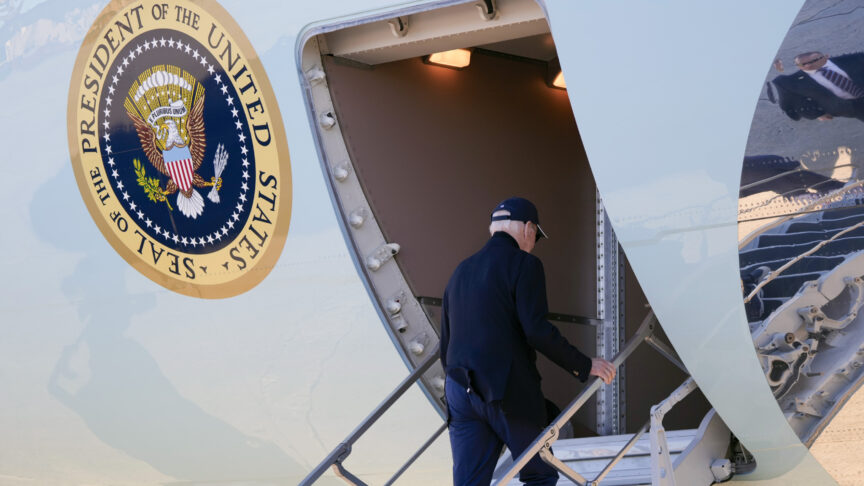Damage done: Ways to measure European sanctions’ success against Russia
The EU and its member states are applying tools of economic statecraft. Now is the time for a full assessment of how well they have worked
After Russia’s invasion of Ukraine, the European Union imposed unprecedented levels of sanctions against the country. These ranged from export and import bans, financial sanctions – including asset freezes against the Russian central bank – and sanctions on individuals, such as travel bans and asset freezes targeting members of the Russian elite. But have these measures worked?
Some analysts argue they have been ineffective; others suggest they are yielding success. In fact, the very nature of sanctions and the policy that underpins them makes them extremely difficult to assess.
Europeans attached both economic and political goals to their sanctions. The measures aimed to debilitate Russia’s financing of the war, weaken the country’s economic base, impose economic costs on its elite, and deprive it of critical technologies. By doing so, Europeans ultimately aimed to achieve a political goal: reining in Russia’s imperial ambitions and bringing its war in Ukraine to an end. Clearly, the EU and the West more broadly are yet to achieve this overarching foreign policy objective and the collapse of the Russian economy has not materialised.
Indeed, over the past year, the Russian economy has shown more resilience than expected. The IMF estimates that inflation in Russia during 2022 stood at 13.8 per cent. While price rises for certain goods such as cars and televisions went beyond 14 per cent during February and March 2022, Russia implemented effective countermeasures, such as introducing capital controls and imposing a temporary increase in interest rates, which stabilised the rouble’s exchange rate. Higher global prices for fossil fuels (a consequence of the war) also led to an increase in revenues for Russia between February and August 2022. In the second half of that year, these recovery efforts slowed, but trade with other countries, especially China, kept the economy afloat and cushioned the blow from Western sanctions. Inflation is now falling and appears set to remain between 5-7 per cent in 2023.
Nonetheless, according to the IMF and the World Bank, imports will outweigh exports, leaving Russia with a trade deficit. And estimates suggest Russian GDP as a whole shrank by 2-3 per cent last year. So there is no doubt that sanctions have had an impact on the Russian economy. In addition, reducing Russian revenue and denying Moscow critical technology that it could otherwise use to fuel the aggression is entirely logical. The strong signal that the EU disapproves of the military aggression in Ukraine is a goal of sanctions that has value but is impossible to measure directly.
However, beyond the ultimate aims of ending the war in Ukraine and weakening the Russian economy, European policymakers have not defined how the damage is to be calculated – for example, in GDP loss – and, if so, what percentage would mean the measures had been successful, and over what time period.
The need to constantly flex and respond means it is very difficult to define the milestones that need to be achieved at the beginning of a sanctions campaign
Indeed, the time period over which sanctions might prove effective also makes it hard to judge their success. One argument holds that sanctions should be considered as a tool of attrition, not deterrence – that they only have an effect if they remain in place for long enough. But academic evidence is mixed, at best, for longer-running regimes. Moreover, given this ‘marathon’ characteristic, the state or entity imposing the sanctions has to continually adjust the targets and tactics of the sanctions, closing loopholes or new trade routes as they appear. This need to constantly flex and respond also means that it is very difficult to define the milestones that need to be achieved at the beginning of a sanctions campaign. The only available economic metric for success in this case is for the economy to be worse off, which may bear no relation to sanctions’ political goal.
Still, even if fully evaluating their effectiveness is not possible, the EU’s sanctions on Russia mark a turning point. The EU has shown immense political unity in standing behind Ukraine and the EU and member states have discovered how to apply the tools of economic statecraft. They should take the opportunity to assess how different parts of the sanctions regime have worked, analysing how sanctions have impacted on the target, their own economy, and non-European countries. For example, a fuller assessment is likely to find that personal sanctions have had no measurable impact on the Kremlin’s calculus. On the battlefield, export restrictions on critical technologies appear to have had the most severe effects. Financial sanctions against Russian banks have complicated transactions and trade, including for private individuals, but they have not cut off Russia from the rest of the world. And sanctions have also impacted on Europeans and others as they oblige governing authorities and businesses in the EU to deal with ever more sophisticated sanctions circumvention efforts. This adds costs to trade and the prospect of secondary sanctions worsens tensions with global partners that try to avoid choosing sides.
There is a clear risk that sanctions could proliferate without being effective, while they distort global markets and relationships on which Europeans and their allies – and potential allies – depend. Accounting for these considerations could be the first step towards drawing up a European sanctions doctrine. As the world moves into an era of greater strategic competition, Europeans will need to devise ever-more securitised economic policy. In this context, an assessment of their sanctions against Russia will help Europeans better adapt their decision-making in this area and help inform the development of future sanctions policy in this new era.
The European Council on Foreign Relations does not take collective positions. ECFR publications only represent the views of their individual authors.



